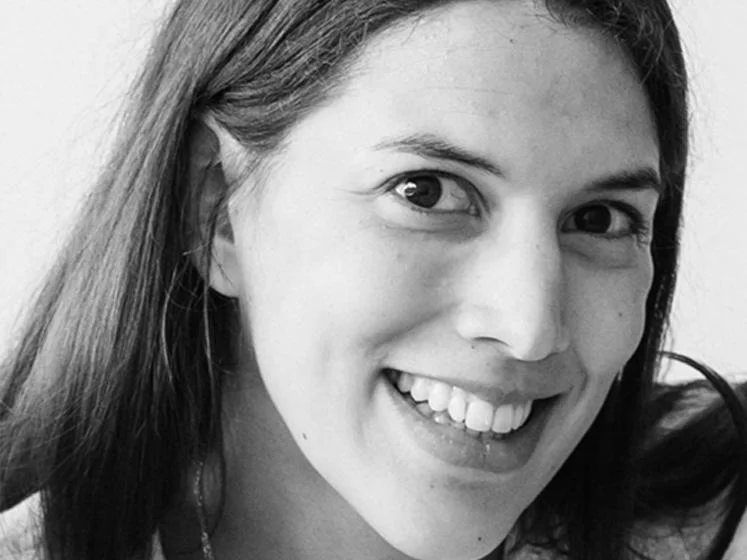Strengthening the global sustainability community

For World Earth Day 2025, alumna Sophie Rose (MSc Population and Development 2013) discusses her work with the World Energy Council and why she loves working in the sustainability sector.
Working in sustainability
Throughout my career, I have been driven by the opportunity to generate meaningful, long-term change that benefits both people and our planet.
The sustainability industry is dynamic, requiring innovative thinking, collaboration, and interdisciplinary approaches to solve complex challenges. Engaging with governments, businesses, and communities is needed to ensure that solutions are impactful. I enjoy working with people around the world, understanding their situations and recognising that no solution is one-size-fits-all.
I gain a great sense of purpose from working towards a more sustainable future. Every initiative helps shape resilient energy systems, advance climate goals, and improve lives. The fast-paced nature of the field keeps me continuously learning, adapting, and exploring new ideas. Most importantly, the passion and dedication of individuals working in sustainability inspire me daily, reinforcing my commitment to fostering collaboration and progress in the global energy transition.
Cultivating leadership
At the World Energy Council, I am the Acting Director of Membership and Institutions. I focus on stakeholder engagement, strategy development, and the convening of energy leaders worldwide. I strengthen our global community and empower them to humanise energy and progress their energy transitions. As part of this, I oversee the Future Energy Leaders’ Programme. This exceptional talent pool fosters collaboration and highlights the role that young leaders play in the future of energy systems and driving meaningful change.
The programme identifies young professionals working around the world in the energy sector and then equips them to drive innovation and sustainable solutions. It brings together a network of emerging leaders, offering mentorship, knowledge exchange, and opportunities to influence global discussions. Participants bring fresh perspectives and contribute new ideas that enrich the Council’s work and the wider sector. I enjoy seeing participants grow, develop new ideas, and make meaningful contributions to the Council’s work and energy sector. The programme’s impact extends beyond individuals, strengthening the World Energy Council’s community as it works towards better energy futures for people and the planet.
A cornerstone of my career
LSE equipped me with strong analytical skills, a policy-driven mindset, and an invaluable global network. When I came to LSE, I was looking to deepen my knowledge of development studies in an international context. The MSc in Population and Development gave me an interdisciplinary approach to understanding demographic trends, public policy, and international development. The School’s strong research environment, renowned faculty, and access to influential networks made it an ideal place to deepen my expertise.
I loved being part of an international community, and the friends I made remain one of the most cherished aspects of my time at LSE. The School's dynamic environment constantly pushed me to think critically, broaden my perspectives, and develop lifelong skills that shape my work at the World Energy Council today.
Advice for students and recent graduates
The sustainability sector faces several pressing challenges, with the energy transition being one of the most critical. Balancing energy security, equity, and sustainability requires coordinated global action.
For students and alumni looking to enter the sector, my advice is to embrace an interdisciplinary approach and stay adaptable. Sustainability challenges require knowledge across policy, economics, technology, and social sciences, so developing a broad skill set is essential. Networking is also crucial - engaging with global organisations, attending industry events, and seeking mentorship from professionals in the field. Gaining experience through internships or volunteer work can provide valuable insights into real-world sustainability issues. Most importantly, remain open to emerging trends and innovations in energy and sustainability. This is a rapidly evolving field that demands continuous learning and flexibility.
Sophie Rose
MSc Population and Development 2013